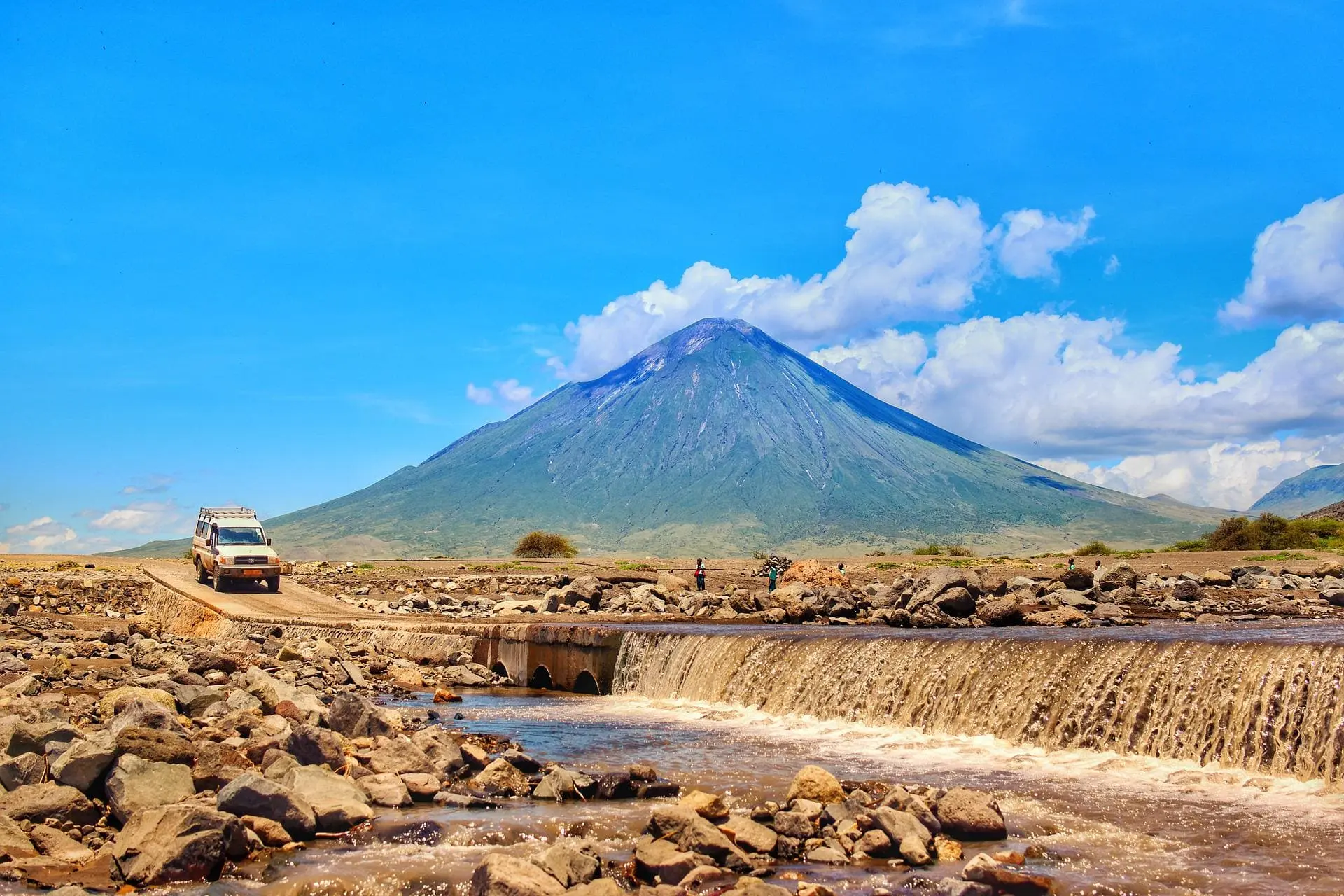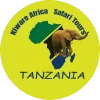
FAQ
Frequency Asked Questions about SAFARIS
We are here to answer all of our client’s questions, Beside you will find frequently asked questions, or you may ask us directly, customer service providers to help you more on arranging your safari
We are most concerned to see that you have a nice trip when you come to Africa so we wrote these answers to frequently asked questions for you to know what to expect and what to prepare for. If there is something else you want to know please send us an email and we will answer any question directly for you that is not answered here.
You will be in a warm climate where it sometimes rains and where it is often sunny, so bring cotton clothing and a broad-brimmed hat, kind of like the clothes you see in the Safari movies. You will also need some sturdy shoes or boots that are comfortable and preferably waterproof. For the trips to Mt. Kilimanjaro and other mountain places, you will need warm winter coats and so forth. Most of these things you can buy here in Africa or from the store on this website. If you are going to the high mountain areas you will need a warm winter coat for the nighttime.
Depending on your itinerary you will sleep either in a lodge in which case you will have a room like in a hotel with a nice bed, or you will sleep in a camp in which case you will have a private cabin or “hut” also with a nice bed. Mosquito netting is provided and you can also bring your own if you like. By special request, you can sleep in tents if you want to but that is really roughing it. You can see the various lodges and camps here.
Delicious meals are prepared by world-class chefs at both the lodges and the camps. They are experts at combining the flavors of Africa with cooking styles from all over the world. Special requests for vegetarian, Kosher, Halal, and other dietary requirements can be accommodated, we just need to know in advance so we can make the arrangements.
There are qualified medical doctors available at the lodges and camps and in case of serious problems helicopter ambulances for quick transport to hospitals in Arusha, Nairobi, or Dar es Salaam. Be sure to bring a good supply of whatever medications your doctor has prescribed.
Yes, but they are used to seeing people and most of the time will not bother us unless we bother them. Your guides know how to approach them and what to do in case of any situation, so just follow their instructions and stay near your guides, the vehicles, or the camp and lodge premises which are all fenced and protected from unwanted wildlife intrusions.
The normal precautions for international trips, plus the special medicines for malaria prevention that you can get from your doctor at home, which you should take a few months or weeks before you come on Safari.
The months July, August, and September are best because it is after the rains and it is sunny and the animals can be seen easily. Let us know a month ahead of time when you are coming so we can book your rooms in the guest lodges.
